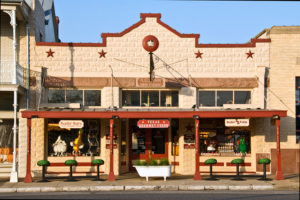
Fredericksburg, Texas – Highest Retail Sales of Any City in Texas
Fredericksburg, Texas – Beautified it’s town into becoming the highest per capita retail sales of any town in texas. They
Population: 21, 056
Situation: The railway ceases to come through Ashland.
Action: Angus Bowmer starts the Shakespeare festival.
Result: 400,000 visitors a year and 32 million in tourism revenue.
Ashland was just another Oregon town going nowhere slowly, north of the California border after the Great Depression ended. Being at the south end of Rogue Valley where the Shasta tribe lived was no quick formula for success either. They fought tooth and nail with the pioneers after they arrived. Then the settlers struck gold in 1851, and sprung up a tent town quicker than you can imagine.
Things were looking up while the gold veins lasted. In 1852, two entrepreneurial pioneers built a wooden mill they named after Ashland, Kentucky where they hailed from. The next year they followed up with the Ashland Flour Mill, and the name Ashland Mills caught on.
The small town boomed even though the gold could never last forever. By the 1870’s, there were schools, churches, and businesses there. However, the people relied mainly on the Ashland Woolen Mills for work, which produced clothing and blankets from local flocks. The Post Office dropped the ‘Mills’ and christened the town Ashland in 1871.
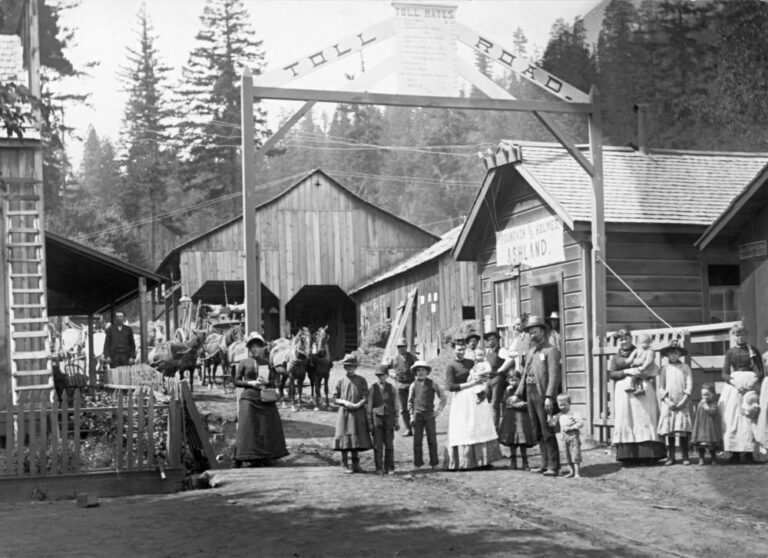
The fledgling town was fortunate to be on the main route from Portland to San Francisco, via the formidable Siskiyou Pass where the summit rose to 4,310 feet. When a rail service bypassed the stagecoach service in 1887, Ashland boomed! It became more politically and economically powerful even than Jacksonville county seat itself.
Meanwhile, the Chautauqua educational and social movement was spreading its wings. This was a ‘road show’ / summer camp that brought education and entertainment to small towns able to accommodate crowds of visitors.
Both Oregon City and Ashland hosted these events for a number of years in the 1890’s. This put Ashland firmly on the map with what Theodore Roosevelt later called ‘the most American thing in America’.
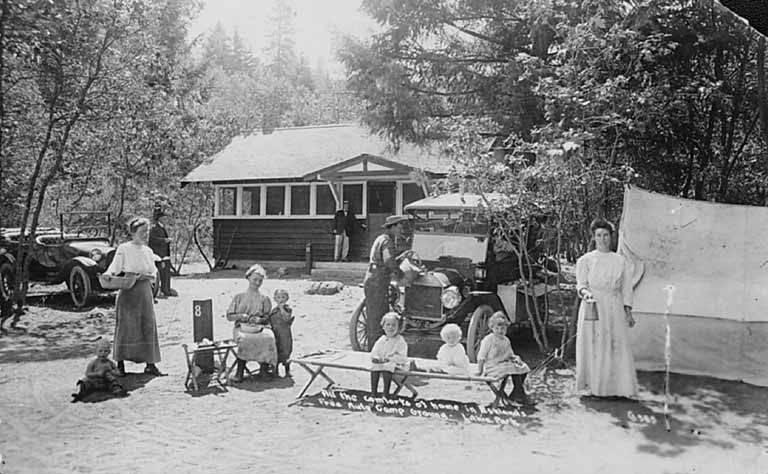
The booming ex gold mine town, ex- Chautauqua hub suffered a near-death blow in 1927. That was when South Pacific Railway found an easier route using tunnels to connect Black Butte, California and Natron, Oregon.
Ashland lost the easy connection that brought wealth and employment to its booming population. It would have to survive on its own initiative for the first time in a half century. And then along came the second half of the double whammy, the Great Depression of 1929.
That economic crash step-changed an Oregon economy becoming lethargic from overproduction during the 1920s boom. Private capital evaporated. The only new jobs came from federal projects building roads, fences and irrigation canals, with manual laborers living in tent camps. Memories of boom times were fading fast.
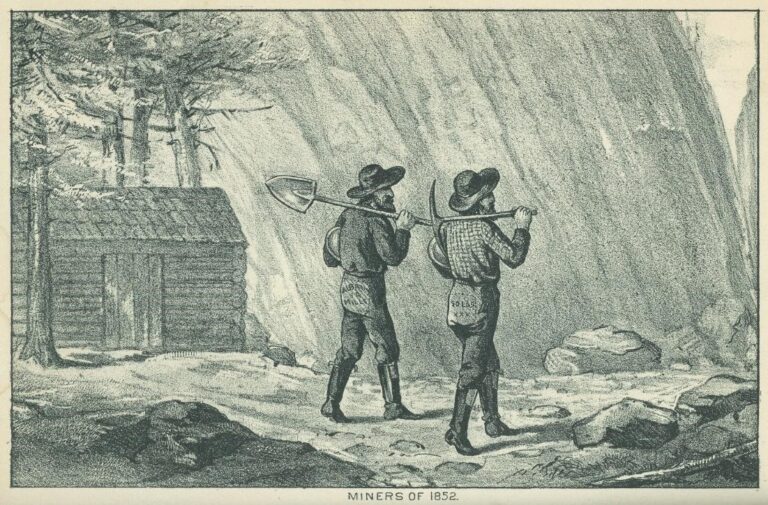
Ashland Oregon had a fairly easy ride until now, but it was sinking into a depression partly of its own making. This was because it did not create the gold, any more than it invented the Chautauqua educational and social movement.
It was also a passive recipient of a short-lived rail road connection. Would it follow the path to near oblivion like so many other small American towns? What did it have to offer compared to state capital Portland, 229 miles distant as the crow flies? That something turned out to be hosting the Oregon Shakespeare Festival.
Hosting play festivals must have represented quite a challenge for a mining town / failed railway junction. However, there were already stirrings in 1872, when Reverend J. H. Skidmore opened Ashland Academy College which became Southern Oregon University. This had a lively Speech and Drama Department by 1932, but why Shakespeare plays of all things?
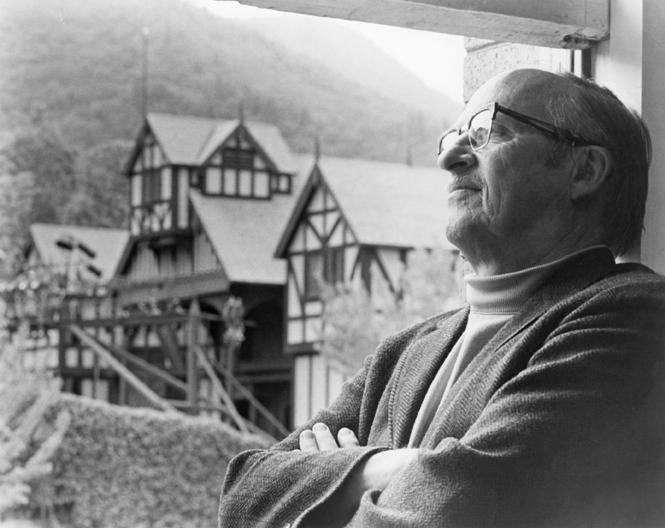
William Shakespeare was an English playwright, poet and actor born 1564, and living a somewhat ribald life in London. He dedicated some of his greatest works to men, although he did leave his ‘second best bed to his wife’. Shakespeare wrote plays that were down-to-earthy, but they contained deep thoughts about life and living.
Now it just so happened – or was it meant to be – that Angus Bowmer was an actor tutoring students in Ashland in 1935. He previously attended University of Washington where he acted in two Shakespearian plays. His mentor Ben Iden believed his audiences should be intimately near performances, as opposed to watching from a distance.
Angus Bowmer launched the idea in Ashland on Independence Day 1935 as part of the celebrations. His audiences lapped up his interpretation of Shakespeare’s works, because they brought them back to life. Since then, the Oregon Shakespeare Festival became an award-winning and internationally-known event that breathed life back into Ashland too.
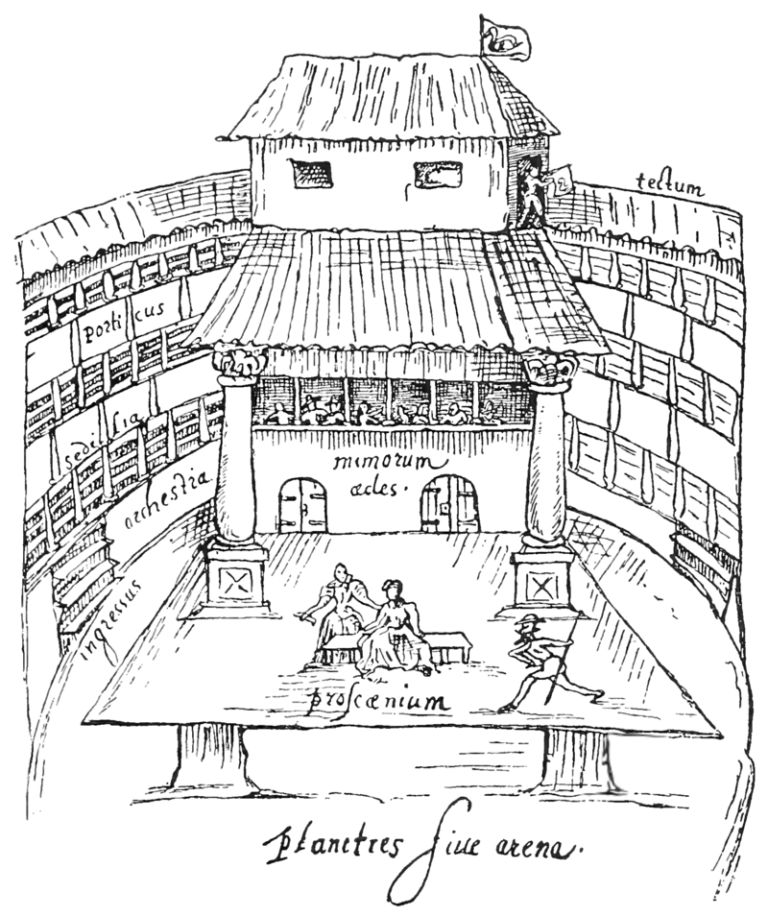
But Angus Bowmer faced one rather large problem. Ashland did not have a suitable building for his productions. However, there was a structure left over from Chautauqua days, except the roof had fallen in. But our creative entrepreneur / actor found a way through. He morphed it into an open air theater for his plays.
The city authority advanced him a loan, provided he also staged boxing matches. Our intrepid entrepreneur had no worries about that either. Boxing reminded him of bawdy Elizabethan London fisticuff blows with the hand. However the last laugh was on him because the boxing made a loss, but the profits from his plays made it up.
Ashland now had an actor with an entrepreneurial spirit, and a city authority with imagination. Someone may have inspected the roofless building, but the main thrust was to get the job done. What do you think would have happened if Angus Bowmer were alive in modern America today?

Some ‘public spirited’ citizen would probably have stopped him in his tracks, before someone else sued him for a broken fingernail. We can imagine how William Shakespeare would have chuckled over that. Is Bowmer’s secret go-to-it sauce missing in America’s small failing towns today? That’s something to think about at least.
The Oregon Shakespeare Festival, as it came to be known, was a winner from the start because prices were reasonable. However there was a falling away from 1941 to 1946, while Angus Bowmer served in the military and young acting talent was wasted on the battlefield.
In 1951 there was a surge in popularity, when abbreviated performances traveled on radio waves to 100 U.S. radio stations, and after 1954 to Armed Forces Radio and Radio Free Europe. Ashland’s new identity as an Oregon cultural hub was spreading fast! An article in LIFE magazine ensured the crowds continued to grow.
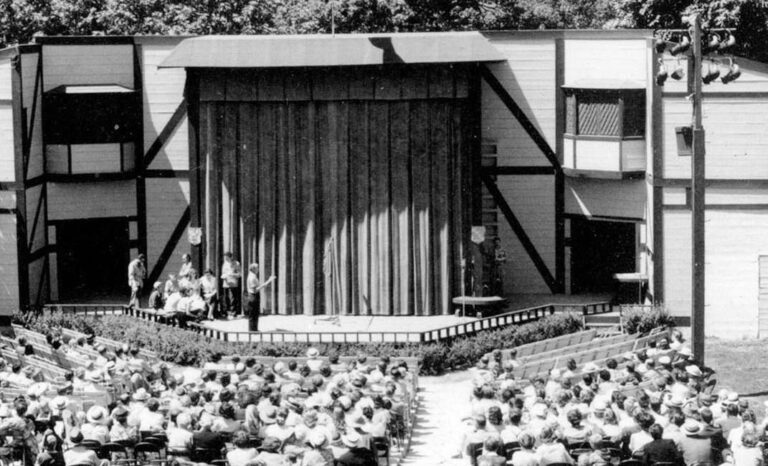
Angus Bowmer’s vision has boomed remarkably since then. Oregon Shakespeare Festival Campus occupies a four-acre site adjacent to woodland, where a host of related business activities sprung up. Three main dramatic theaters surround a large open court. There is nightly entertainment where the place rocks to a variety of shows.
The original, ‘tumbledown’ theater is long gone. Instead, there’s a replica playhouse that would have done William Shakespeare proud. Over 400,000 people visit the shows annually where they pump $32 million into Ashland. And all because one person shared a dream with the town, and the town said ‘let’s do it today!’
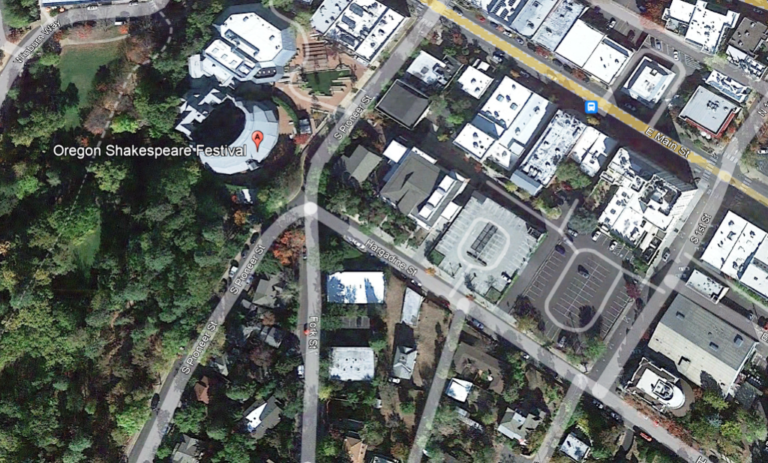
Some ‘public spirited’ citizen would probably have stopped him in his tracks, before someone else sued him for a broken fingernail. We can imagine how William Shakespeare would have chuckled over that. Is Bowmer’s secret go-to-it sauce missing in America’s small failing towns today? That’s something to think about at least.
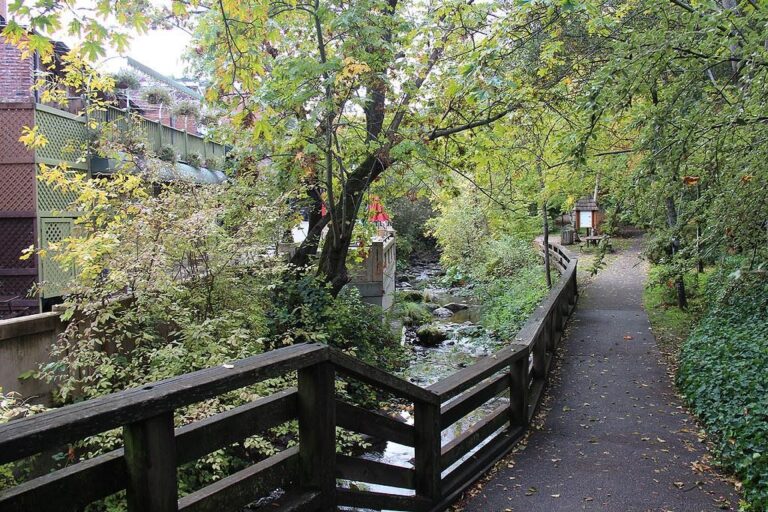
We can’t pretend the residents of Ashland woke up one day and said to each other, ‘let’s create a Shakespeare festival and rebuild our economy’. That’s not the way small town economics works. Small towns proper when every resident gets stuck in, and makes a personal contribution. Although having someone with imagination sure helped Ashland.
There is a tide in the affairs of men, which taken at the flood, leads on to fortune. Omitted, all the voyage of their life is bound in shallows and in miseries (William Shakespeare)
Ashland went with the flow and seized the opportunities, however unlikely they may have seemed at the time. Every small town has a future when it follows the example of Ashland.
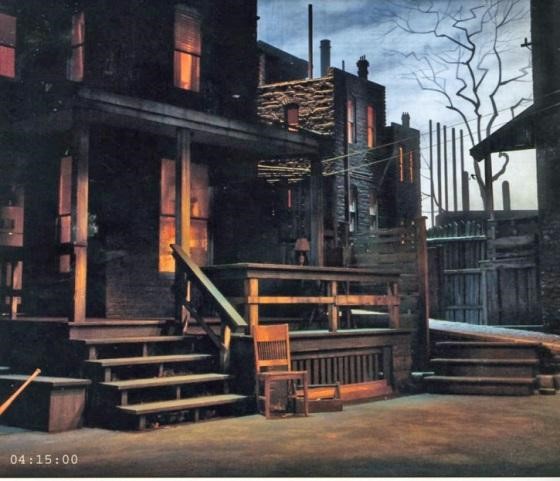
Catch the latest from Creative City Developments

Fredericksburg, Texas – Beautified it’s town into becoming the highest per capita retail sales of any town in texas. They
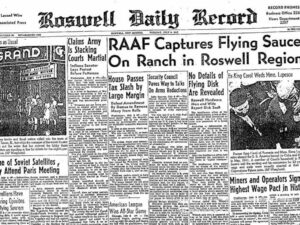
Roswell, New Mexico – Turning Alien Intrigue into Tourism Prosperity TLDR: Population: 48,081 Situation: Roswell, New Mexico was struggling post

Oakridge, Oregon – Mountain Biking Capital of the Northwest TLDR: Population: 3,303 Situation: The natural resources the town was founded on was